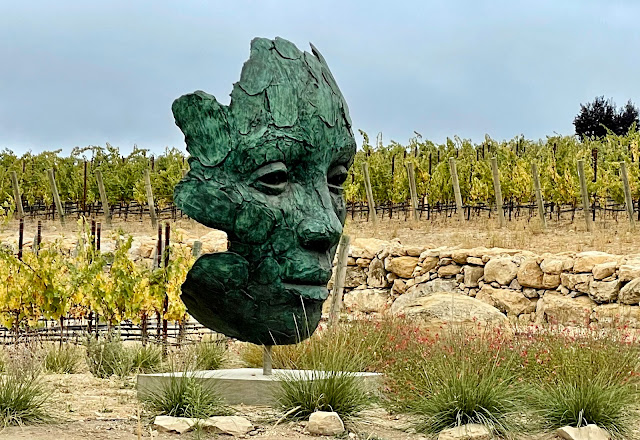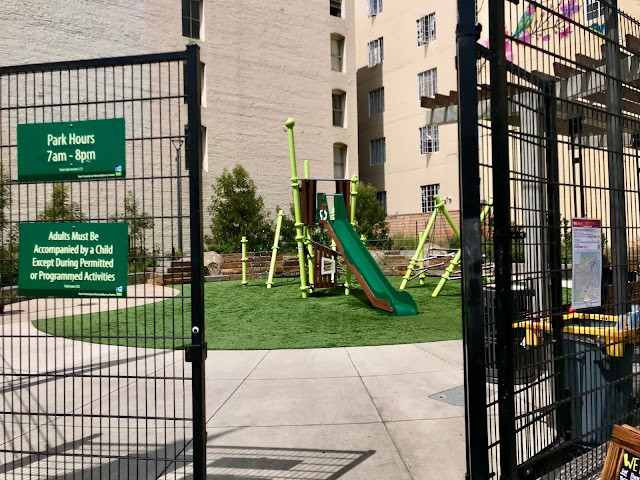Autumn comes as a time of reflection.
It used to be the season to prepare for winter by putting in storm windows, Hatteras or winter shutters, turning the garden, digging out the winter clothing, going long on research or projects, putting up firewood and the other tasks that fall to those days of shortening light.
There is less call for those labors now, but the pensive urge of autumn remains. Amidst a few local fall scenes, we'll reflect.
Hearing the dental hygienist, a single mother of two, recount her maternal concerns in this age of pandemic was tender but also affirming. She is but one of the working Americans with earnest values, practical sense, and with hopes their government cares about and can be supportive of them.
Millions are hard at work to make ends meet and to provide enriching and aspirational lives for their children. The hygienist spoke lovingly and supportively of her dyslexic son, who struggles with learning. She says much depends on the sensitivity and training of individual teachers as to how supportive they are. Some are good, some are not. It was her expense for a diagnosis.
Medical and emotional needs of American families, transportation and day care costs, housing, groceries, and other expenses are crushing.
It is an era of working multiple jobs and still struggling to pay all of the bills. Recent graduates begin life with a mountain of debt. These American citizens are hammered, through no fault of their own.
The stock market, corporate value, and high income wealth soars. America's standard of living and ranking in quality of life, health care, longevity and happiness declines. In key categories we are way out of the top ten.
Changes, big changes are due. The well of support is deep and runs across the political spectrum, far left to far right and the majority in between. That is public support. The legislative arena is more complicated and out of synch with 70 to 80% of Americans.
living rough
A homeless encampment on the beach north of San Simeon represents labor to establish shelter, but poses risks.
I mistakenly took the structure to be a surf or beach party hut. Closer in I noticed clothing and personal belongings. Someone shelters here. Fire pits were recently used.
Nearby, in a less elaborate structure, a more dangerous placement of a fire pit....
...here the area of the pit was directly under scrub brush.
The area bore evidence of habitation and waste.
People are pressed to survive. The crisis of homelessness requires more from "us" than "we the people" are doing.
a parting shot
Hemingway and his new "brother" Sunny.
Joy had no time in her schedule to post for a shot.
Like these guys, stay cool.
See you down the trail.


























